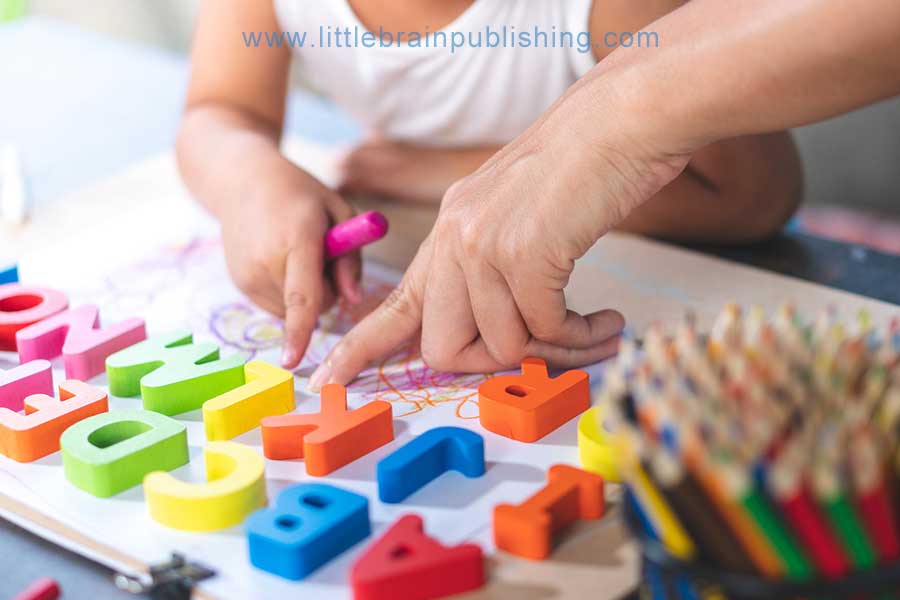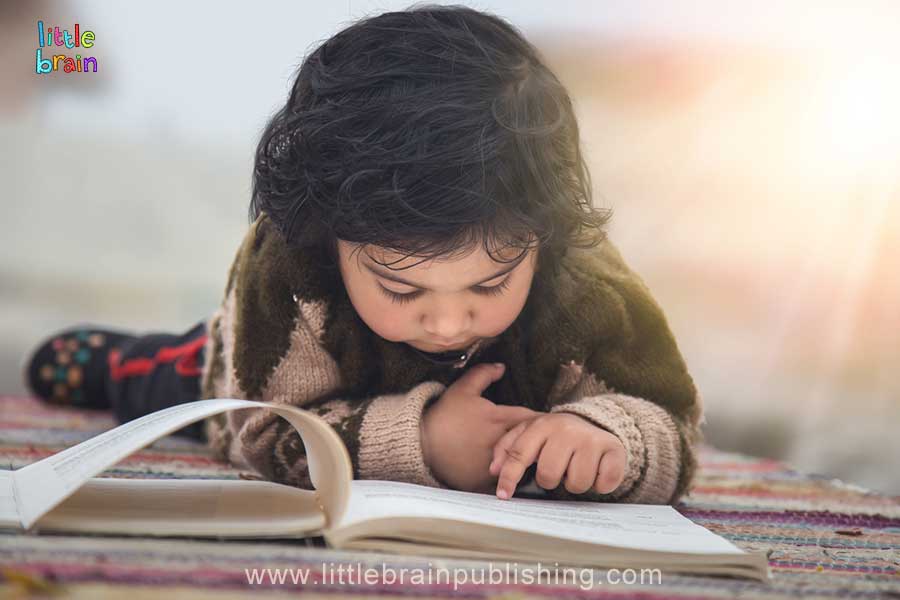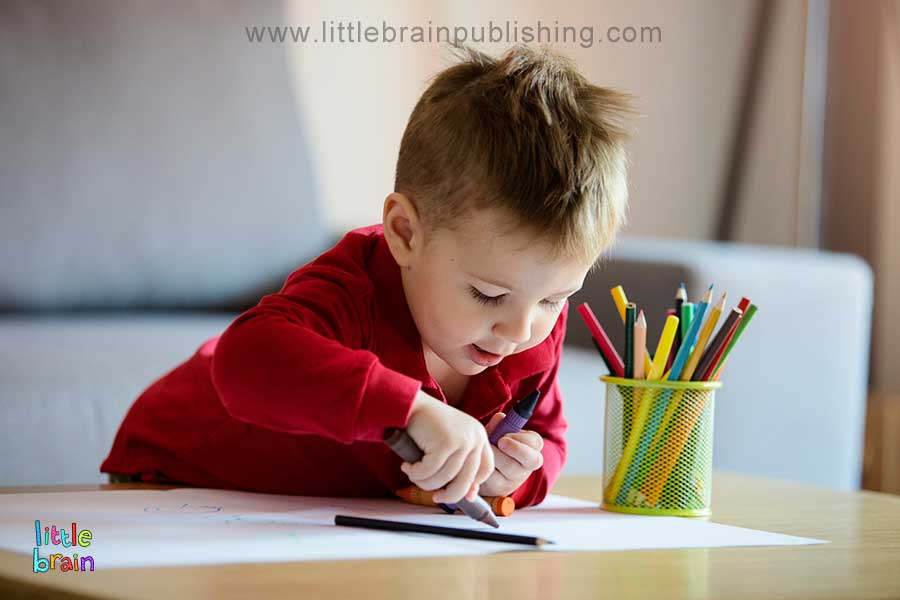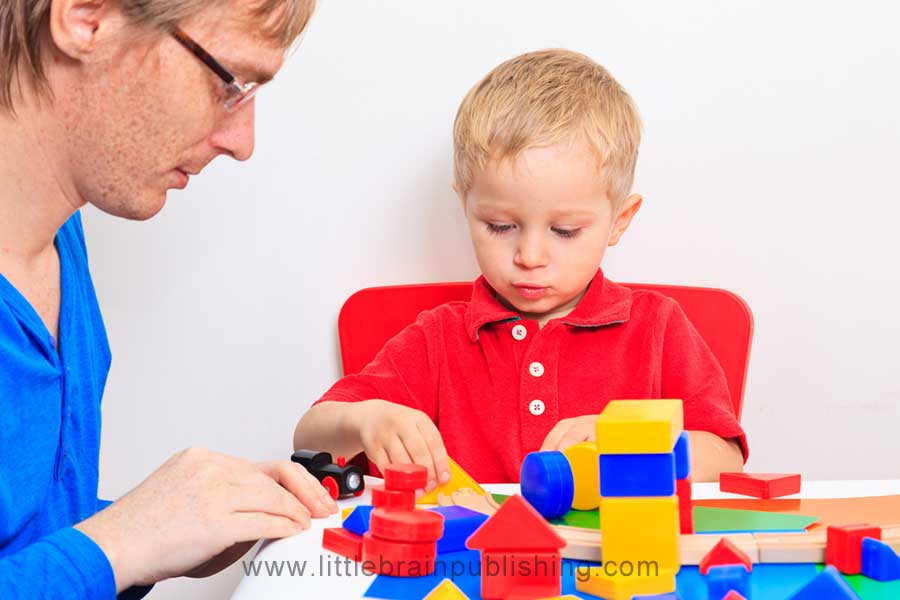What should a 2-3 year old know academically? It may surprise you to learn that many parents have no idea what their children should know at this age. What subjects are they typically learning about? Which development milestones do they need to achieve?
If you’re wondering the same, check out this article and find out!
Toddlers are like a sponge, taking/absorbing information in their surroundings. Everything in their surroundings teaches them something.
The activities they do nurture their cognitive, social, and emotional development. Toddlers learn through their movement and senses. In the year of “Terrible Two,” kids say a big NO to everything. It is the age they develop cognitive skills. They also cherish tertiary circular reactions (12-18 months).

When toddlers are 18 months, they start to have ideas that they try out by exploring the world (curiosity). Thus this year becomes an ideal choice for teaching your kid. How much? What is the limit? What is the perfect curriculum for toddlers?
However, there’s no perfect syllabus for toddlers, but there are things and lessons a toddler should know academically. Here are five essential milestones a toddler should accomplish academically.
5 Essential Academic Milestones for Toddlers:
1) Language Skills:
You don’t need to wait that the child will learn reading when he goes to schooling. The toddler is familiar with the language to some extent, even before preschool. Although he can’t frame and speak an entire sentence, he can show signs of reading.
By the age of 3, he will be able to recognize words and might be able to say basic sentences of three to five words. They will be able to read the title/name of their favorite book.
Some toddlers will be able to write a few alphabets and numbers. He might possess a small vocabulary with slow progression. Few words and phrases he might be aware of are as follows:
- Manner: Thank You, Please
- Body Parts: Head, Eyes, Ear, Nose, Hands, Legs, Feet, Fingers
- Animal Names and Sounds: Dog, Cat, Horse, Elephant, Lion, Monkey, Cheetah, Gorilla, etc
- Name: Their name, surname, family, and friends name
- Actions: Up, Down, Go, Come, More, Want
- Vehicles: Cars, Bikes, Trucks, Airplane/Aeroplane, Ship, Firetruck, Train
- Household Objects: Utensils, Clothes, Furniture, Fan, Bulb
- Colors: Blue, White, Black, Red, Green, Yellow, Orange, Purple
- Shapes: Square, Circles, Triangle, Oval, Star, Diamond, Heart
- Weather and Time: Morning, Afternoon, Evening, Night, Rainy, Cloudy, Windy, Snowy, Hot, Cold
- Characters: King, Queen, Man, Woman, Boy, Girl
- Miscellaneous: Okay, Once, Upon, Time, Honest, Dishonest, Waste
Before 3, the toddler has a decent vocabulary. Overall, toddlers should know the names of things around them (daily).
Parents should teach vocabulary and how to group them to form a sentence. Meanwhile, the child will efficiently learn if he is in an appropriate environment of language.
As their vocabulary grows, the little ones will be able to form longer phrases and sentences. However, if the child isn’t grasping or not growing continuously, you should look into the matter.
2) Reading:
At the age of 2, the child won’t be able of the concept of “Reading.” He might just take a book, sit on the couch and flip pages, see the images; that’s all.
He won’t read the content inside the book, but they usually get stuck on the cover. Also, the child knows the correct way to hold a book by that time.
Further, they will start to recognize words inside the book, and that’s when curiosity kicks in. They will read the book line by line, placing their finger.

Now, they will read the book rather than flipping pages. With the efforts of parents, they can accomplish this level. Parents should indulge their kids in learning by finding new fun ways.
Once the child can read, you may not need to make new words to teach till he gets bored of those books. It’s an age where they deny doing things repeatedly, so you need to find new ways.
3) Vocabulary:
Talking about vocabulary, it is the arsenal directly proportional to your kid’s reading and communication skills.
Turning 3, he may know 200 to 300 words and should be able to recognize them just by hearing. You can expect basic sentences like “Wear your shirt, put on your socks, etc.”
They must also have a little idea of past tense, for example, jumped, climbed, etc. You can also expect the child to recite a story or poem.

To find out his current knowledge, ask him about his visit to the supermarket or a picnic. It is necessary to engage them in question-and-answer sessions as they are mature enough to do so.
Why not talk about their likes and throw few new words. Vocabulary is the predictor of academic success for toddlers/preschoolers.
4) Drawing:
Drawing is an art that is a great fine motor activity. At 2, drawing reflects the fine motor and grip development of the child.
The child must scribble, make lines, and try to make a circle or other shapes. Of course, they won’t make perfect ones, but hand dexterity is crucial.

Buy a picture coloring book or print tracing pictures. Use safe crayons or Dot Markers.
5) Coordination Skills:
Coordination skills like hand-eye and spatial awareness are pivotal for every child.
Imagination and creativity is the most artistic tool to create a masterpiece. Reading, Writing, increasing vocabulary is essential, but coordination skills have equal emphasis.

Games like build a bridge using LEGO, solve puzzles, Block games, creating new things make them more creative.
At What Age Do Toddlers Memorize Books?
Memorizing books is a milestone of reading journey. Preschoolers like to read books aloud as they find it joyful. At what age toddlers start memorizing books is quite a conditional question.
Few outstanding kids might read books earlier than others and memorize them at the age of 2 years. Others might do the same at three years or later.
The thing that proportionate kids are their learning system, approach, environment, and abilities. No two children are the same, and each one has different skills.
Few might be good at academics and would acquire knowledge at a better pace. However, another one might have the better physical ability or sheer talent. It is only a matter of interest and learning approach.
Suppose we categorize kids in three sections; outstanding, bright, and average – Outstanding kids would memorize books at two years. The bright ones would do the thing between 24 months to 48 months. And, the average ones might take longer.
Conclusion
By the time children get into Kindergarten, they have to learn a lot about literature. The years they have seen, felt, interacted with, and listened to have significantly influenced their knowledge.
Age 2 to 3 is the beginning of learning, and curiosity kicks in during this time. By the time of Kindergarten, they naturally learn to read on their own.
By 3, kids can write, recognize words, sounds and handle books. And, every child grows, acquires at a different speed. It’s about learning thoroughly, not rapidly!
